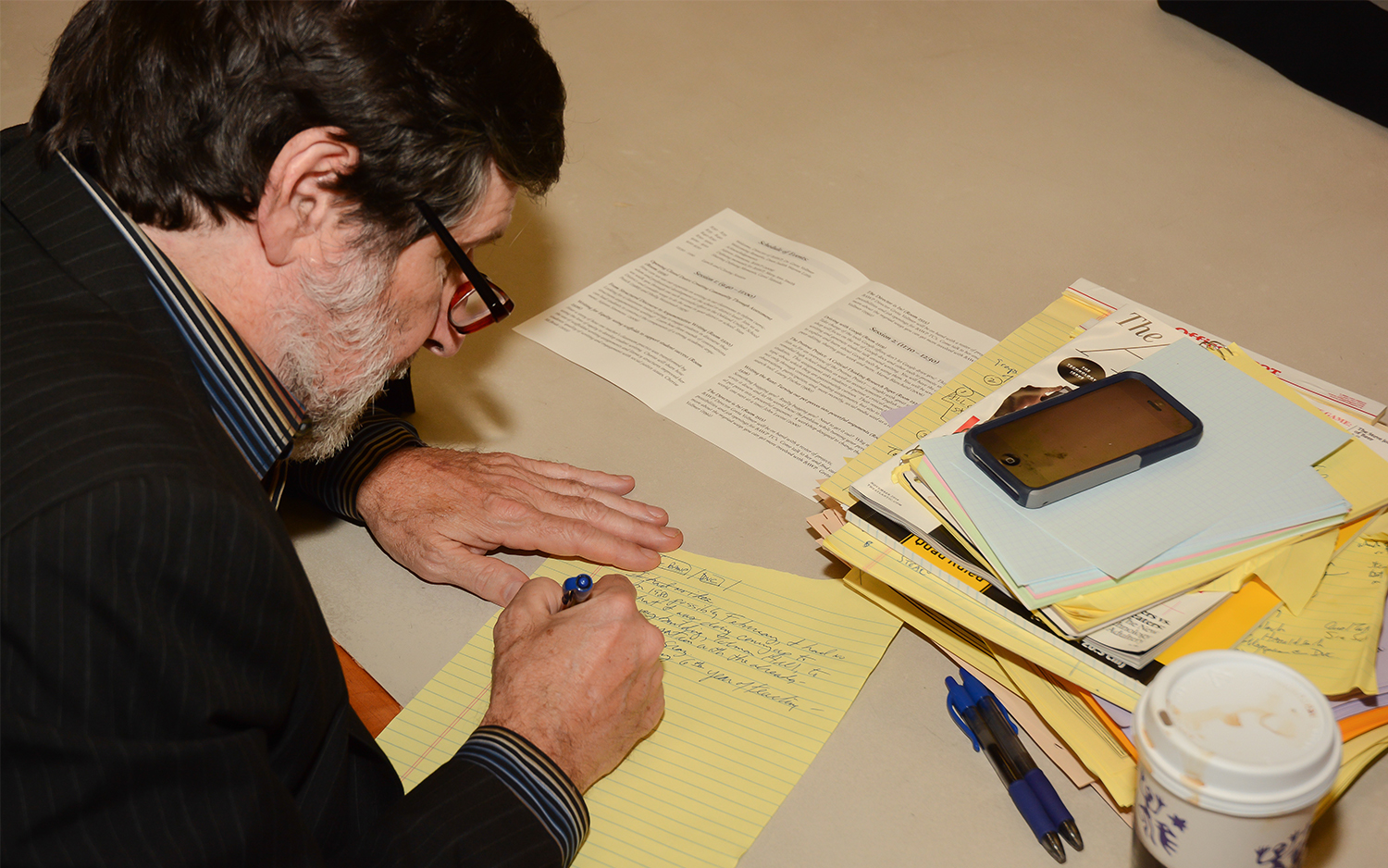- How did you get interested in this topic?
- What is the main idea you want teachers to take away from your demonstration?
- What are the theoretical or conceptual underpinnings for your demonstration?
- What is special or unique about your demonstration?
- Is your demonstration divided into segments? If so, what are the main points for each segment?
- What stories, examples, and evidence do you have to help you make each of your points? What can be extrapolated or inferred from these examples?
- Do you display student work during your demonstration? How does this work connect to the concepts you are presenting?
- What questions have been asked by participants at your demonstrations? What did you learn from the questions or how did they challenge your thinking? How have you answered them?
- How have other teachers used your ideas? What variations have they made on them?
- What changes have you made in your demonstration over time? Why?
Also Recommended
See allTeaching from an Ethical Center: Practical Wisdom for Daily Instruction
Author Cara Furman talks with Stephanie Jones, co-director of the Red Clay Writing Project, about bringing ethics, philosophy, and body-centered practices into teaching.
Read more
Writing Our Future: Our Towns, Our Stories
Our Towns, Our Stories provided students an opportunity to try their hand at journalistic writing about the place they call home. Writer-facing modules and resources are available along with reflections by students about their process.
Read more


